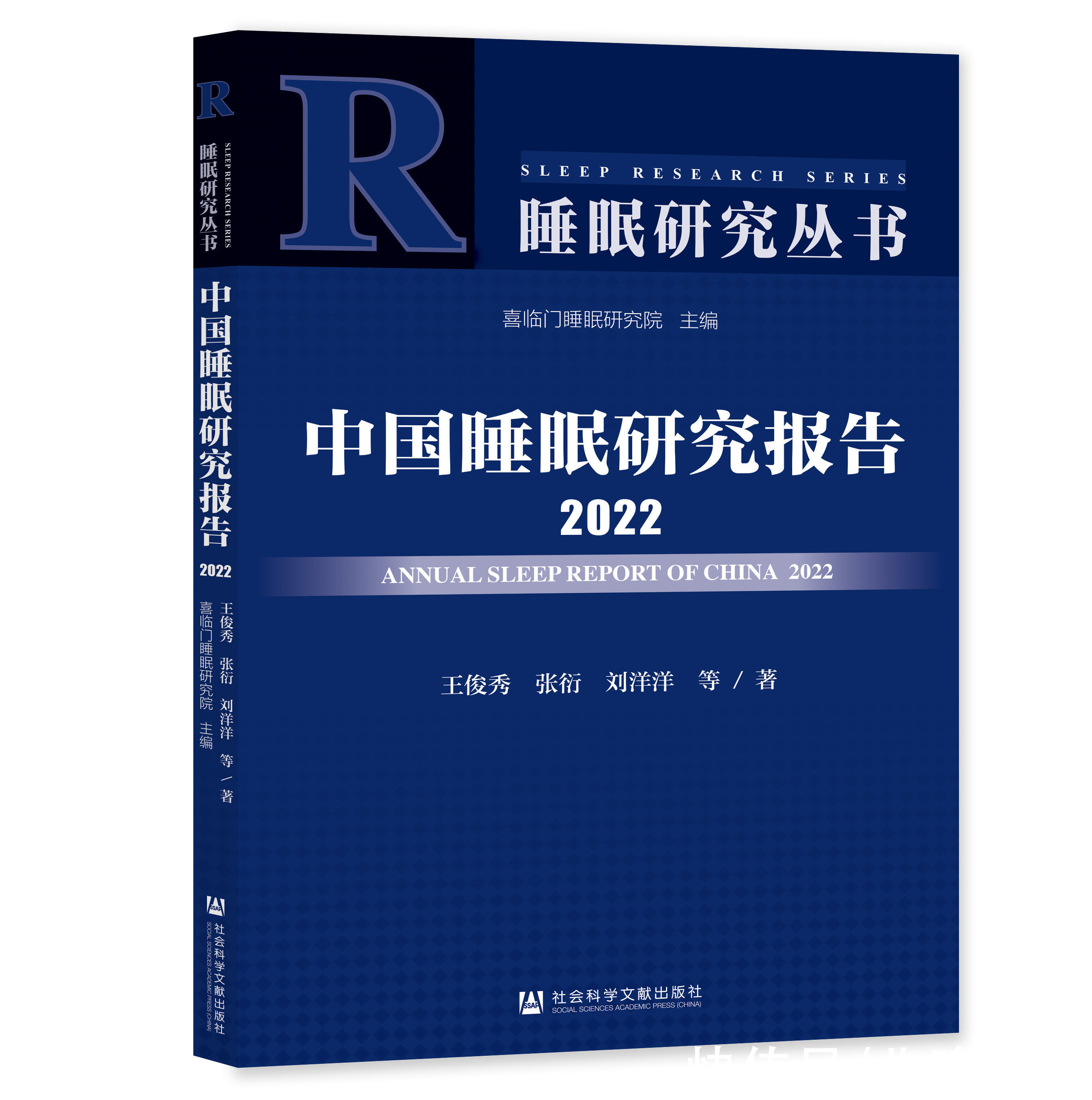On March 18, the “China Sleep Research Report 2022” was released. The research data came from an online survey of Chinese residents’ sleep status conducted by the Institute of Sociology of the Chinese Academy of Social Sciences. The data shows that the average sleep time of Chinese people is 7.06 hours per day, and the sleep index of Chinese people in 2021 is slightly higher than the passing level. The special analysis shows that the “double reduction” policy has a positive significance in improving the sleep problems of primary and middle school students.

The average sleep time of Chinese people is 7.06 hours per day
November 2021, the Chinese Academy of Social Sciences The Institute conducted an online survey on the sleep status of Chinese residents, and obtained a total of 6,037 valid samples. The research shows that the Chinese people’s sleep index in 2021 will be 64.78 points (percentage scale), slightly higher than the passing level, of which the sleep quality index score is 71.51 points, the sleep environment index score is 68.54 points, and the sleep belief and behavior index score is only 54.73 points; The average sleep time of Chinese people is 7.06 hours per day, of which 64.75% of the respondents actually sleep less than 8 hours a day, and only 7.97% sleep more than 8 hours.
Chen Guangjin, director of the Institute of Sociology, Chinese Academy of Social Sciences, said that in an agricultural society, people mostly work for the sunrise and rest for the sunset. In modern society, due to the accelerated pace of life, sleep has become more and more important. The problem. At present, people’s sleep time decreases and sleep quality decreases, which are caused by physiological reasons, changes in health conditions, changes in living habits such as mobile phones and the Internet, and social factors such as fierce competition and uncertainty.
“Double reduction” has positive significance for improving the sleep of primary and secondary school students
The report conducts a special analysis on the impact of the “double reduction” policy on the sleep of primary and secondary school students . Before the implementation of the “Double Reduction” policy, primary and secondary school students in various places generally lacked sleep, and the main influencing factors were learning pressure factors, parent or caregiver factors, physiological factors, emotional factors, sleep habits and environmental factors.
The survey data shows that after the implementation of the “double reduction” policy, 61.53% of parents of primary and secondary school students said that their children went to bed earlier, and 69.98% of parents of primary and secondary school students said that their children’s sleep quality had improved. However, 50.48% and 37.77% of parents of primary and secondary school students still believe that the average sleep time of their children cannot reach 8 hours per day on weekdays and weekends/rest days.
The study believes that the “double reduction” has a positive significance in improving the sleep problems of primary and secondary school students, but the sleep problems of primary and secondary school students still deserve continuous attention. Regarding how to improve the sleep quality of primary and secondary school students, the report suggests that we should continue to promote the “double reduction” policy, and actively publicize the significance of the “double reduction” policy; balance educational resources to relieve educational anxiety; pay attention to the improvement of children’s comprehensive ability, parents must live a healthy life Set an example in terms of urging children to develop good work, rest and study habits.
The quality of sleep is closely related to the quality of life and well-being
Lying on the bed, holding up the mobile phone, it is late at night before you know it, this kind of “sleep” Procrastination” has become more common. The report pointed out that looking at the sleep situation of Chinese people from 2012 to 2021, compared with ten years ago, the time to fall asleep is more than two hours later, the time to wake up is 37 minutes later, and the sleep time is reduced by nearly 1.5 hours. Factors that affect sleep duration are sleep procrastination caused by looking at mobile phones or the Internet, work or study time crowding out sleep time, and sleep disorders such as insomnia.
The report pointed out that the uncontrolled use of mobile phones by young people will directly or indirectly affect the quality of sleep, and the daily use of mobile phones for more than 2 hours will lead to sleep disorders. From the perspective of demographic differences, people who are younger, female, more educated, and unmarried have relatively more sleep procrastination behaviors on mobile phones, while people with higher monthly income, more property ownership, and higher subjective social class Mobile phone procrastination behavior and Internet procrastination sleep behavior are relatively less.
Sleep quality is closely related to people’s quality of life, mental health, and well-being. Adequate sleep time and good sleep quality can significantly improve the quality of life and help generate positive and positive attitudes. Psychological mood, thereby improving the level of mental health. The “Report” believes that improving sleep quality should be treated equally with improving clothing, food, housing, and transportation, and improving happiness through “sleep well”.
Source: Beijing Daily Client | Reporter Liu Suya
Process Editor: U022